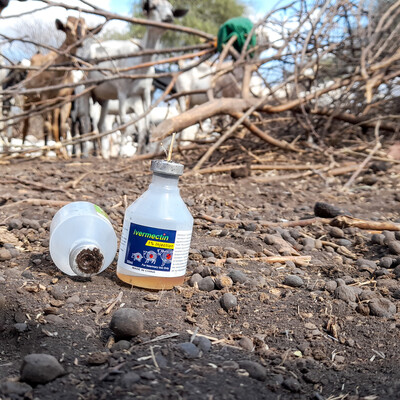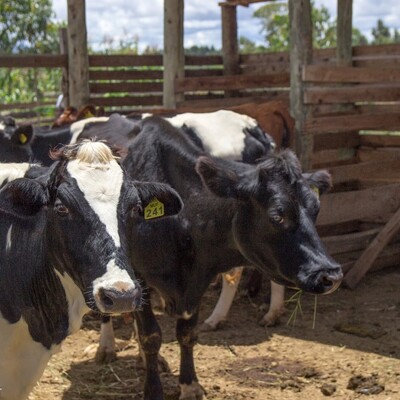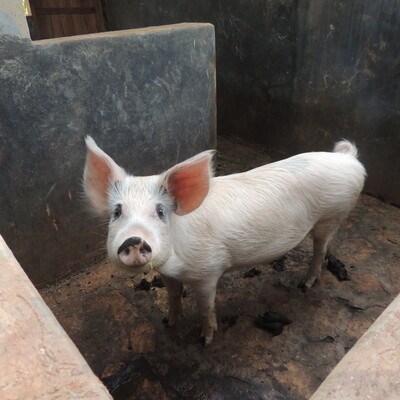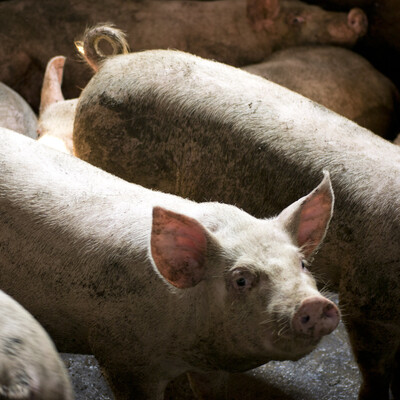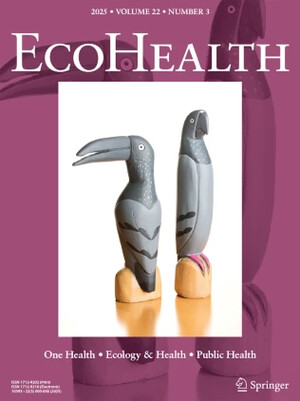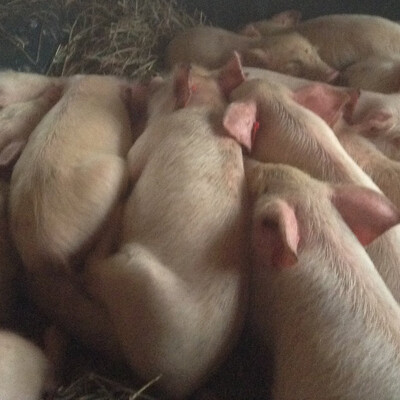
Zimbabwe livestock improvement project showcases ongoing work and partnership with government
The ‘Livestock Production Systems in Zimbabwe (LIPS-Zim)’ project recently showcased its ongoing activities to government officials and partners in an event that also discussed ways of strengthening partnership with government departments, researchers and farmers in the country.
A high-level government delegation led by John Basera, permanent secretary in Zimbabwe’s Ministry of Lands, Agriculture, Fisheries, Water and Rural Resettlement, visited the project’s exhibition at the Matopos Research Institute in Bulawayo on 28 April.
LIPS-Zim is a four-year (Jan 2020 –Dec 2023) project funded by the European Union that is aiming to improve the livelihoods in Zimbabwe’s semi-arid agro-ecological regions IV and V by increasing the adoption of climate-smart innovations in livestock-based production systems, and by improving the surveillance and control of livestock diseases.
Sikhalazo Dube, the project’s coordinator and International Livestock Research Institute (ILRI) Southern Africa representative, welcomed the delegation and gave an overview of the project’s work with farmers and other beneficiaries to promote best-bet livestock-based innovation systems for scaling up and adoption.
Basera spoke of the special focus of the ministry on agricultural research for development. He commended the project’s innovative livestock production systems approach, which he said will ensure Zimbabwe is food secure.
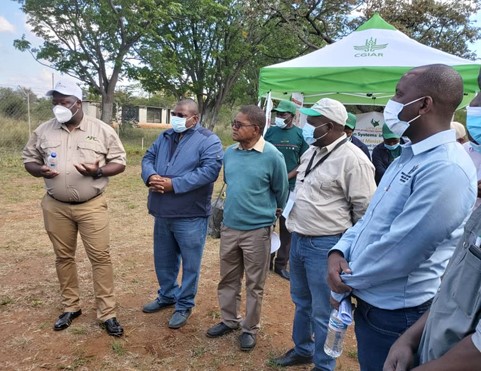
Permanent secretary John Basera (left) during the high-level visit (photo credit: ILRI/Irenie Chakoma).
‘This project is helping to make the country independent in food security to ensure a sustainable future,’ said Basera. He said the government is committed to supporting the realization of the project goal of increasing the adoption of business and climate-smart feeding practices and adaptive breeds to boost livestock production.
He praised the capacity building support given to government staff to produce healthy crops and livestock and improve farmers’ livelihoods. And he called for linking of activities in agricultural research noting that ‘seamless linkages between research and extension and ultimately the research messages will benefit farmers.’
To achieve this, the permanent secretary said there was a great need to re-introduce interactive innovation platforms between research and extension.
On display at the ILRI exhibition stand were fodder and different forage seed varieties. About 120 people attended the event.
Beneficiary farmers gave testimonies on how they were participating in the project.
‘We are participating in farmer research by testing and adapting different livestock production technologies to commercialise our activities,’ farmer Tongai Mahachi of Buhera District in Manicaland Province told the visiting team.
Another farmer, Sithabisile Ncube, from Nkayi District in Matabeleland North Province, explained how she has managed to double the economic value of her livestock by combining local knowledge with project recommendations. ‘The health of my livestock has significantly improved since I began using own fodder supplements at a very affordable cost,’ she said.
LIPS-Zim is implemented by ILRI, the French Agricultural Research Centre for International Development (CIRAD), the International Maize and Wheat Improvement Center (CIMMYT) and the University of Zimbabwe’s Faculty of Veterinary Sciences among smallholder livestock keepers in nine districts of Zimbabwe.
The country’s cattle population is roughly 5.5 million, 90% of which is managed by the smallholder communal livestock sector. Improving livestock production systems within the sector stands to dramatically increase potential sales and incomes for millions of small-scale livestock farmers.
Learn more about LIPS-Zim on https://hdl.handle.net/10568/119881.





